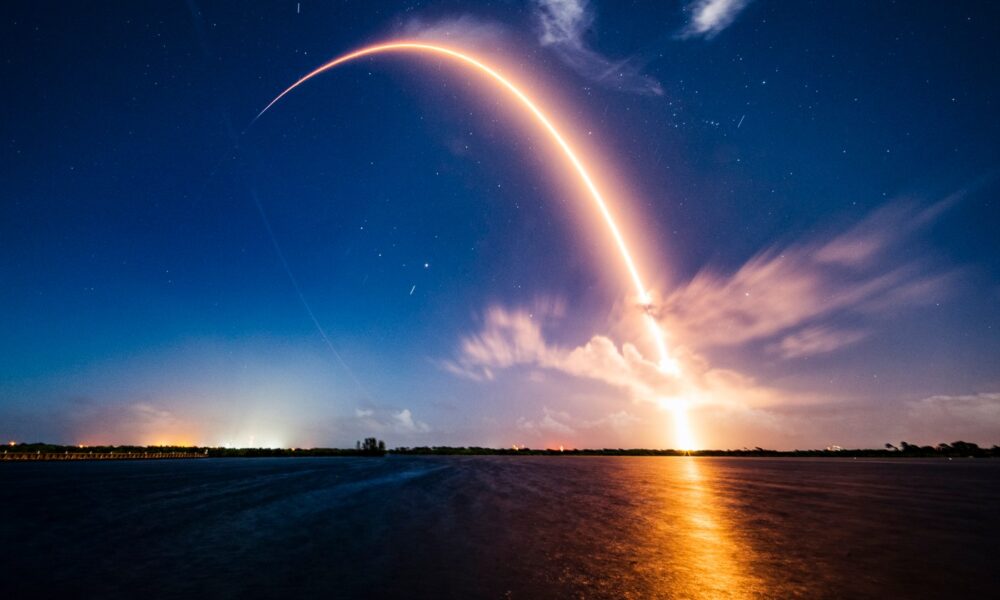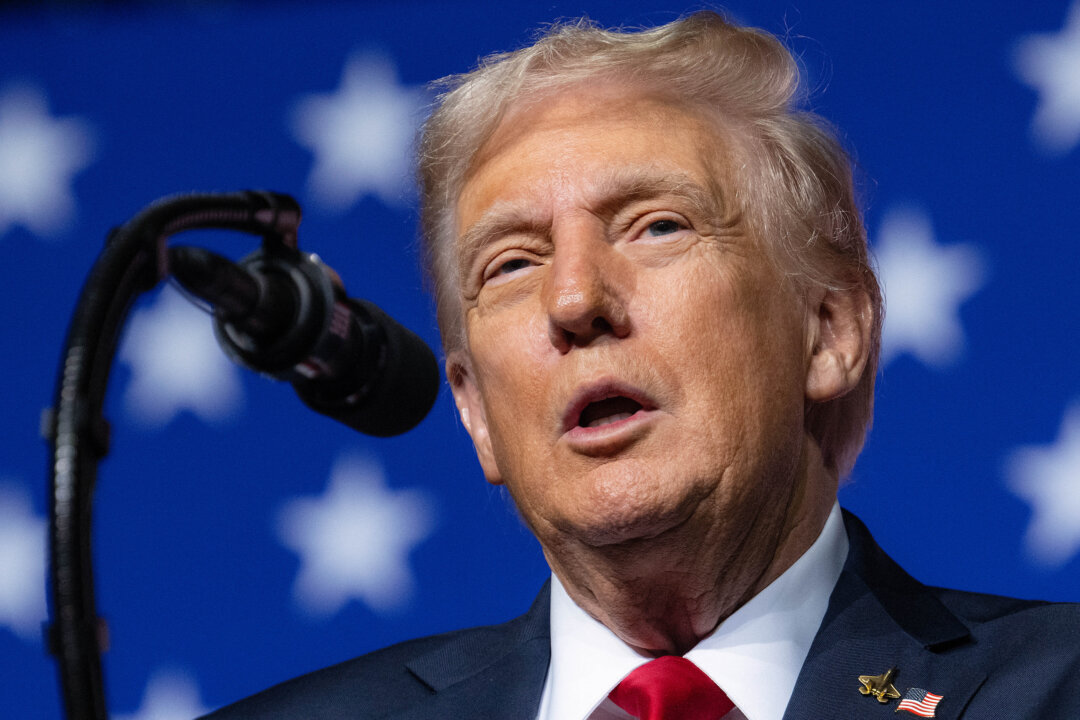UPDATE: As the space race heats up, experts warn that the United States is falling behind China in crucial space initiatives. Recent developments indicate that without a strong federal strategy, America risks losing its status as a leader in space exploration and security.
During Space Week from October 4-10, 2023, the U.S. federal government was shut down, highlighting a lack of direction in American space policy amid rising competition. Meanwhile, China has made significant strides, launching an AI “supercomputing” satellite constellation and partnering with Russia to plan a Lunar nuclear power plant for their ambitious International Lunar Research Station (ILRS).
Experts like Dr. Namrata Goswami emphasize that China’s strategic investments in reusable rockets and lunar industrialization may allow it to eclipse the U.S. in space capabilities. As SpaceX, led by billionaire Elon Musk, dominates launch volumes, analysts warn that China is rapidly closing the gap. In just five years, Beijing has achieved remarkable milestones, including crewed space missions and lunar sample returns—accomplishments that the U.S. has yet to match.
The stakes are enormous. The country that leads in space technology will not only secure its economic future but also shape international norms for decades. Potential crisis scenarios loom large. What if an adversary disables a U.S. satellite, or a Chinese company sabotages U.S. networks? The U.S. currently lacks a comprehensive crisis response plan for such scenarios, raising serious national security concerns.
In addition to military competition, energy resources are becoming a focal point. While many nations invest in renewable energy, China is pioneering space-based solar power systems, with plans to fuel a proposed $10 trillion-per-year Earth-Moon economic zone. Furthermore, the moon presents untapped resources like Helium-3, which could revolutionize energy production through nuclear fusion. Control of lunar polar regions, rich in water ice and potential rocket fuel, could grant a strategic advantage to whoever claims them first.
As the commercial spaceflight industry expands, the need for effective crisis management grows. Current federal agencies, including NASA and the Space Force, lack clear authority and resources for potential rescue missions in space. The private sector is an asset, but this advantage could diminish without government support and a coherent strategy.
While President Donald Trump’s recent executive order to streamline launch licensing is a step in the right direction, experts believe a comprehensive investment strategy is essential for the U.S. to maintain its competitive edge. Space represents a critical investment opportunity; failing to lead here will not only affect national pride but also economic prosperity and global influence.
As we approach another potential Sputnik moment, the question remains: will America respond with innovation and leadership, or will it be caught off guard by emerging threats? The future of space exploration hangs in the balance, and the world is watching closely.







